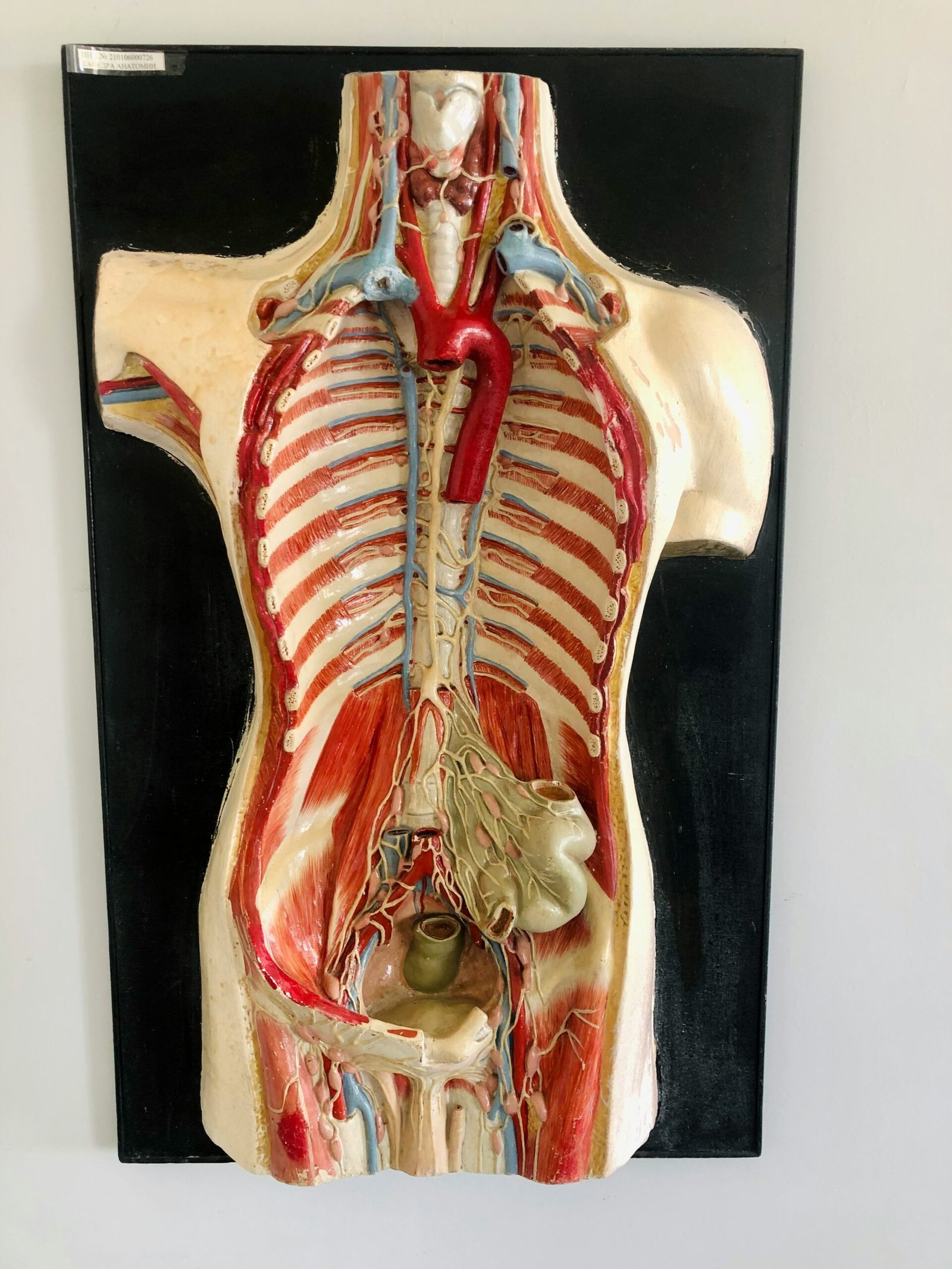Introduction to Vitamins and Minerals
Ensuring a balanced diet is vital for maintaining overall health, and vitamins and minerals play a crucial role in this process. These essential nutrients support a variety of bodily functions, contributing to everything from immune support to bone health.
Importance of Vitamins
Vitamins are organic compounds that our bodies need to function properly. Different vitamins serve different purposes. For example, Vitamin C is significant for immune function and skin health, while Vitamin D is essential for bone health and regulating calcium levels. Many vitamins also act as antioxidants, protecting our cells from damage.
The Role of Minerals
Minerals are inorganic elements also essential for our health. They aid in a range of bodily functions. Calcium, for instance, is critical in building and maintaining strong bones and teeth. Iron is necessary for blood production and transporting oxygen throughout the body. Other minerals like potassium and magnesium play roles in muscle function and nerve transmission.
How to Incorporate Vitamins and Minerals into Your Diet
The best way to ensure you get an adequate supply of vitamins and minerals is to consume a varied diet rich in fruits, vegetables, lean proteins, and whole grains. Each food group provides different nutrients, and a balanced diet ensures you get the full spectrum of vitamins and minerals your body needs. Sometimes, supplements may be recommended by a healthcare professional to address specific deficiencies.
Conclusion
Understanding the role of vitamins and minerals in your diet is key to maintaining your health. By prioritizing a balanced diet, you can easily meet your nutritional needs and support your body’s various functions, enhancing your overall well-being.



